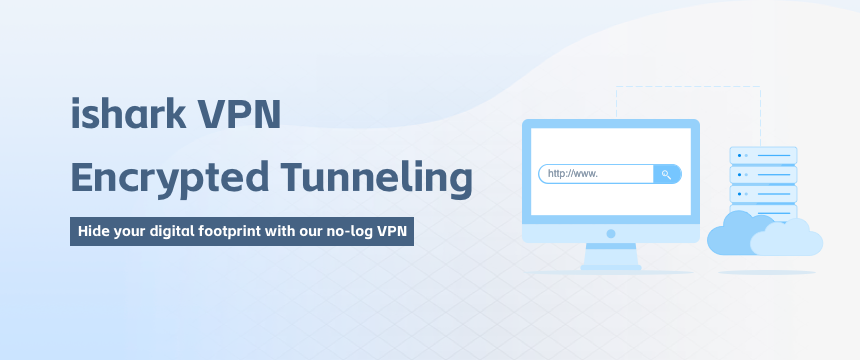Utilizing VPN in Cross-Border E-commerce: Opportunities and Risks
ishark blog article
With the advancement of globalization, cross-border e-commerce has become an integral part of global trade. However, along with its exponential growth, cross-border e-commerce faces a myriad of challenges, including payment security, geographical restrictions, and data privacy concerns.
In this context, Virtual Private Networks (VPN) have garnered attention as a network security tool for cross-border e-commerce.
This article explores the utilization and risks of VPN in cross-border e-commerce, with a focus on optimizing transaction processes and user experiences.

Trends and Challenges in Cross-Border E-commerce
Driven by digital technology and facilitated global trade, cross-border e-commerce is thriving. Consumers can purchase goods and services from all around the world, while businesses can expand their reach to international markets.
Nonetheless, cross-border e-commerce encounters diverse challenges, such as payment security issues, cross-border logistics complexities, and variations in legal and regulatory frameworks across countries.
How VPN Enhance Cross-Border E-commerce Transaction Processes and Experiences
VPN play a vital role in optimizing cross-border e-commerce transaction processes and enhancing user experiences:
Overcoming Geographical Restrictions: In cross-border e-commerce, VPN simulate IP addresses from different geographical locations, bypassing geographical restrictions and allowing users to access websites and services from various countries, thereby expanding market reach and product choices.
Bolstering Payment Security: VPN employ encryption technology to protect data during transmission, effectively preventing interception and leakage of users' payment information, thus enhancing payment security.
Safeguarding Data Privacy: Given the substantial amount of user data involved in cross-border e-commerce, VPN encrypt users' private information during data transmission, effectively safeguarding user data from third-party access.
Ensuring Stable Network Connections: VPN provide stable network connections, mitigating transaction interruptions and user experience issues caused by network instability.
Customer Support Facilitation: Cross-border e-commerce entails customers from different language backgrounds and time zones. VPN enable customer support teams to connect to servers from different regions, facilitating more convenient customer service.
Security and Reliability Requirements of VPN in Cross-Border E-commerce
In the context of cross-border e-commerce, the security and reliability of VPN are of paramount importance. To ensure the effective application of VPN, the following requirements should be considered:
Robust Encryption Technology: VPN should adopt advanced encryption technology to secure data during transmission.
Reputable and Reliable Providers: Choosing reputable and reliable VPN service providers helps avoid network interruptions and data leaks arising from provider instability.
Auditing and Monitoring: Regular auditing and monitoring of VPN services ensure their legal and compliant operation, minimizing security vulnerabilities.
User Education: Providing users with education on VPN usage and security enhances their awareness of security measures and precautions.
Addressing Legal and Compliance Issues VPN may Encounter in Cross-Border E-commerce
In cross-border e-commerce, the use of VPN may involve legal and compliance issues across different countries. To avoid violating relevant regulations, the following measures should be taken:
Familiarity with National Regulations: Familiarize oneself with the relevant laws and regulations concerning cross-border e-commerce and VPN usage in respective countries.
Compliant Operations: Choose VPN service providers that comply with relevant regulations to ensure legal operation.
Data Privacy Protection: Adhere to relevant data privacy protection regulations to safeguard user data privacy and security.
Informed Consent: Before using VPN, clearly explain relevant regulations and data usage to users and obtain their informed consent.

Comprehensive Assessment of VPN Utilization and Risks in Cross-Border E-commerce
A comprehensive assessment of VPN utilization and risks in cross-border e-commerce is essential. While VPN play a crucial role in optimizing transaction processes and enhancing user experiences, attention should also be paid to potential security risks and legal compliance issues. Striking a balance between effective VPN application, prioritizing security, and compliance ensures the robust development of cross-border e-commerce.
Conclusion:
VPN offer valuable contributions to cross-border e-commerce, optimizing transaction processes, enhancing user experiences, and fortifying data security and privacy. However, it is imperative to consider the security and reliability requirements of VPN and adhere to relevant legal and regulatory frameworks when utilizing VPN in cross-border e-commerce. A comprehensive assessment of VPN utilization and risks enables sustainable growth in cross-border e-commerce.









